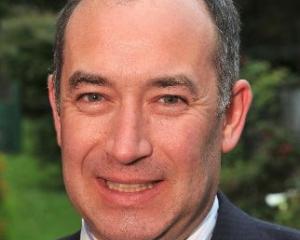
The report said funding for connections to mains services and facilities such as water and roading had been taken into account within and on the boundaries of the site.
"However, it is important to note that these issues primarily relate to connections, upgrades and so on at the boundary of the site and across the site," the report, written by the stakeholder group, containing representatives of the Dunedin city and Otago regional councils, University of Otago and Carisbrook Stadium Trust, said.
"In other words, any upgrade to infrastructure off-site has not been accounted for. For example, it may be preferable to upgrade some of the footpaths and existing roads leading to the campus or central business district.
"Likewise, signage to the stadium from key parts of the city should be considered by the relevant stakeholders."
Asked about the issue, Carisbrook Stadium Trust chief executive Ewan Soper said there had been "a lot of recent discussion on that".
The stadium was planned to fit into existing stormwater and other infrastructure, but the design was now at a stage it was necessary to consider how it would fit in terms of issues like traffic.
"Assessments need to be made," Mr Soper said.
"It needs to be done by the trust, and council departments that may or may not have those [issues] covered."
Because it was early in the process, it was not known what sort of funding may be required.
The report also noted a framework document for a development agreement between the university and the trust had been established, and was now with lawyers to provide a first draft agreement.
A service level agreement between the council and the trust was expected to be completed this week, Mr Soper said.
The agreement between the council and the trust, which would clarify accountability, responsibility, roles, delegation and reporting mechanisms, had been expected to be in place by June this year, and council chief executive Jim Harland said early last month it was expected within two weeks.
Mr Soper said the agreement was "going through a process of fine tuning", as the two organisations made sure they were appropriately represented in the document.






